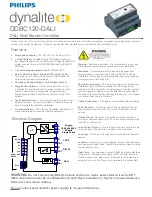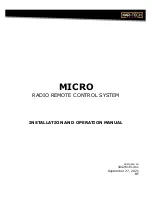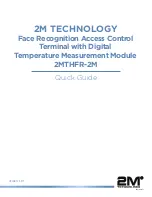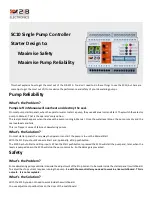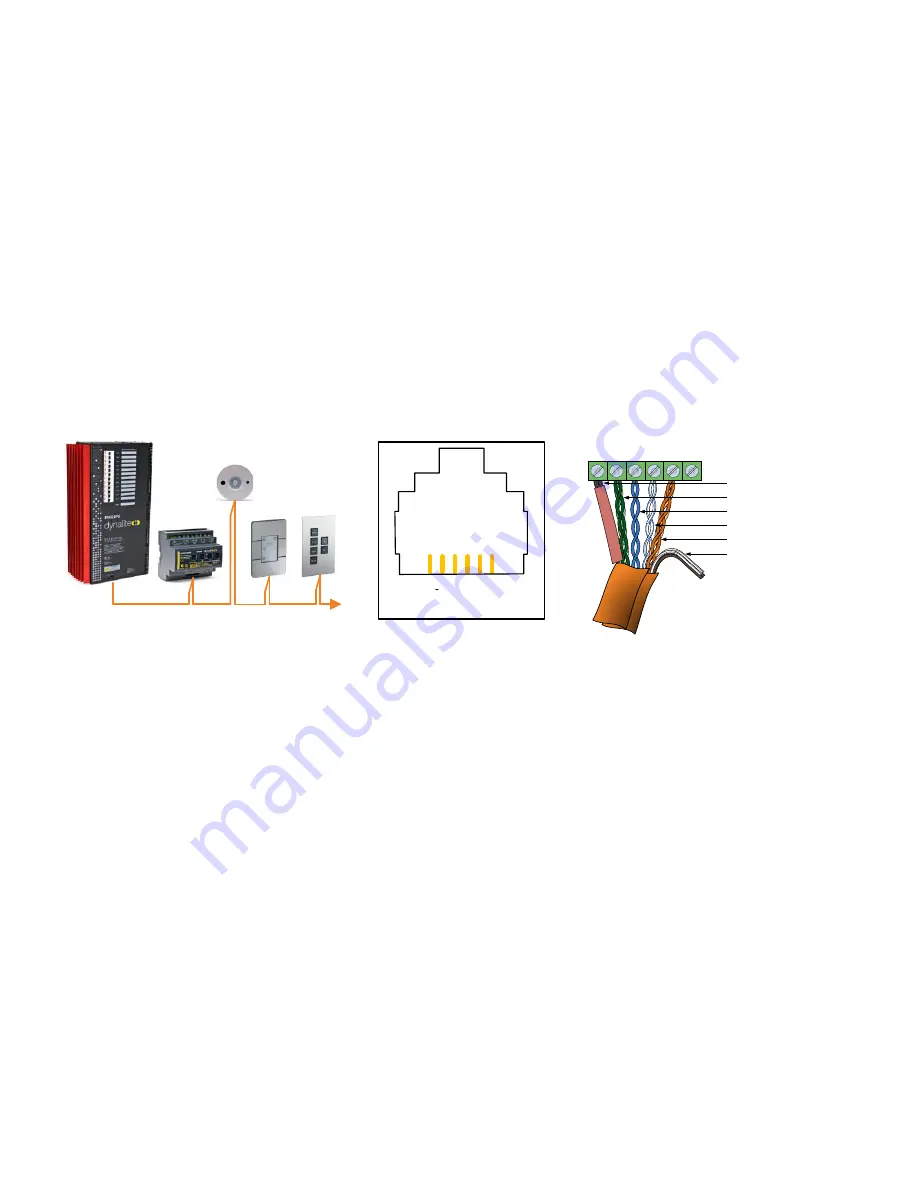
DDBC120-DALI Installation Instructions Rev 05 Specifications subject to change without notice
Dynalite manufactured by WMGD Pty Ltd (ABN 33 097 246 921) Unit 6, 691 Gardeners Road Mascot NSW 2020 Australia Tel: +61 2 8338 9899
E-Mail:
support.controls@philips.com
Web:
www.lighting.philips.com/dynalite
Input voltage
100 - 240 VAC 50/60 Hz single phase at 0.25 A; IEC Overvoltage Category III IEC (Max 4kV surge)
Control Output
1 x DALI Control Output, supporting one full DALI universe of 64 channels, including back channel and Multi
Master communication to Philips Dynalite user interfaces.
Mains Output
1 x 20 A, 250 VAC feed-through switched circuit for DALI ballast mains supply
Control Inputs:
1 x DMX512 / RS-485 DyNet serial port
1 x Programmable dry contact AUX input
Supply Terminals:
1 x Phase, 1 x Neutral, 1 x Earth, 1 x 4mm
2
max conductor size
Output Terminals:
1 x Ballast power circuit – Line in, Line out, Loop, Loop - 1 x 4mm
2
max conductor size
1 x DALI Ballast circuit - DA-, DA+ - 1 x 4mm
2
max conductor size
Control Inputs:
1 x RS485 DyNet serial port consisting of:
1 x RJ12 socket & 1 x 6-way terminal block including 1 x AUX dry contact input
DALI BUS DC Supply:
16 VDC, 220 mA nom, 250 mA max; Auto restart on overload or short circuit on DALI output.
No external DALI power supply allowed.
DALI Insulation System:
Basic
DyNet DC Supply:
120 mA (capacity for approximately 6 user interfaces)
Preset Scenes:
64
Compliance:
CE, RCM, IEC62386
Operating Environment:
-25° to 50°C ambient temperature @ 0% to 90% RH non-condensing; IEC Pollution Degree II
Construction:
Polycarbonate DIN rail mount
Dimensions:
H 96 mm x W 105 mm x D 75 mm
Weight:
0.45 kg
Installation Steps
Recommended Cable Type
Dynalite DYNET-STP-CABLE or equivalent shielded
three twisted-pair cable. See datasheet for more
information.
Recommended Cable Color Coding
Green/White Pair
Paralleled for GND
Orange/White Pair
Paralleled for +12VDC
Blue/White Pair
Blue for DATA+ White for DATA-
Brown/White Pair
Spare, use for SHIELD on unshielded cables
SH
LD
GN
D
D+
D-
+1
2V
Au
x
Shield
Green/Green white
Blue
Blue white
Orange/Orange white
Brown/Brown white
+VE
+VE
D –
D
+
GND GND
RS485 DyNet network
Product Specifications
Isolate Mains supply, DALI and DyNet bus prior to wiring
1. Mount the device on a DIN rail inside an approved enclosure.
2. Connect single phase supply and earth to the supply terminals.
3. Calculate total loading of the lighting to ensure the switched output is not overloaded. The maximum loading of this device shall not
exceed 20 A. Ensure load inrush current does not exceed 500 A for longer than 200 µs. Supply must be protected by a maximum 20
A circuit breaker.
4. Connect load cable to the “OUT” relay terminal and connect 20A active supply to the “IN” relay terminal. The IN and OUT LOOP
connections can be used to pass through, if required, and are shorted internally.
5. Connect the DALI bus cables to “DA+” and “DA-“: Use a mains rated 2-core cable to connect the DALI bus to the DALI ports on all
DALI devices. The DALI bus cable should not be longer than 300 Metres, and should have a minimum cross section area based on
cable length as follows:
- Up to 100 Metres: 0.5mm2
- 100 to 150 Metres: 0.75mm2
- 150 to 300 Metres: 1.5mm2
The DALI bus is not SELV and must be treated as a mains cable. DALI is not polarity conscious. A maximum of 64 DALI devices plus
10 Philips Dynalite user interface devices (DPMI940-DALI & DUS360CR-DALI) can be connected together in a DALI network.
6. Connect DyNet data cables to the device as per diagrams below. Ensure there is segregation between data cables and mains
powered cables.
7. If the Auxiliary input is to be used, connect a dry contact switch between the AUX and GND terminals. Keep this cable under 20
metres. Function of the Auxiliary input will need to be programmed at the time of commissioning.
8. Recheck all terminated cables and once safe power the unit on. Correct termination of the DALI ballasts can be verified by pushing
the service switch 4 times. This will invoke a test sequence, where all the correctly terminated ballasts will cycle between 100% for 3
seconds, 40% for 3 seconds and 0% for 3 seconds. This test sequence will continue for 5 minutes after which all ballasts will return to
their first powered state. Press the Service button on the controller to terminate the test sequence.

